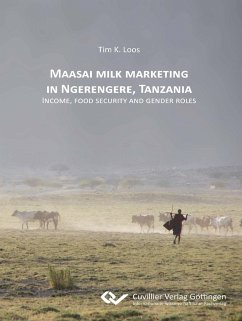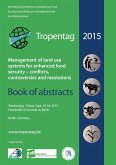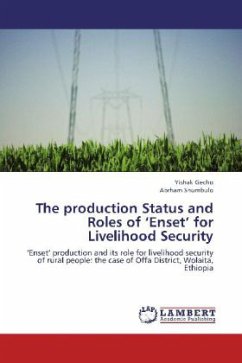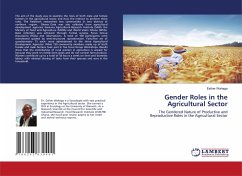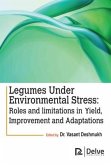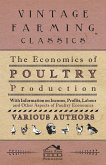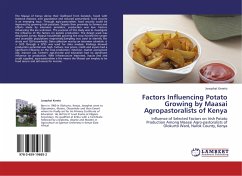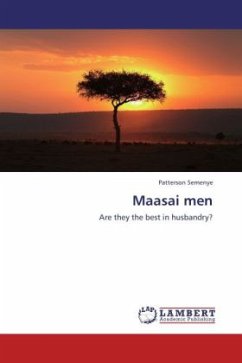As a pastoral society, the Maasai established, and mostly still practice, a livestock-based production system adapted to the vast rangeland areas of East Africa. Strategic mobility and an elaborate social organisation with distinct responsibilities divided by gender and age-sets allow them to cope with climatic uncertainties and unstable forage availability. Nowadays, their traditional way of life faces various changes in the environment, including more frequent natural shocks, political issues, and socio-economic developments. The Maasai adapt to these challenges by diversifying their livelihood strategy. There is limited insight into the potential effects and implications of milk sales as an alternative income activity. This book provides an in-depth assessment of the potential impact of milk sales on Maasai pastoralists. Based on extensive socio-economic information at olmarei (household) and enkaji (sub-household) levels, econometric methods are applied to estimate and assess the effect of milk sales on enkaji income and food security. In addition, gender roles in the research area and aspects of intra-olmarei dynamics are investigated and discussed.
Hinweis: Dieser Artikel kann nur an eine deutsche Lieferadresse ausgeliefert werden.
Hinweis: Dieser Artikel kann nur an eine deutsche Lieferadresse ausgeliefert werden.

